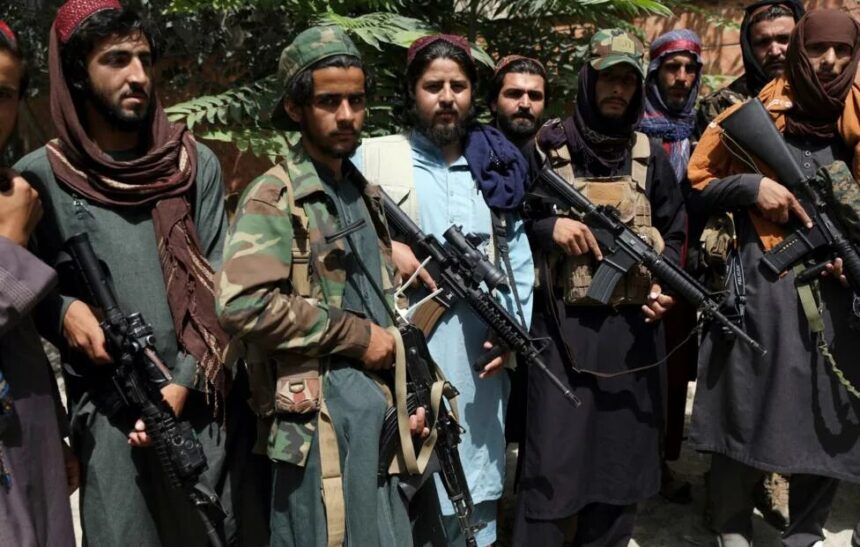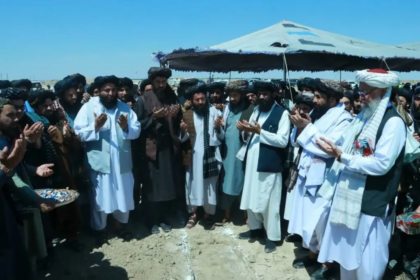RASC News Agency: The Pakistani military recently launched targeted strikes in the provinces of Paktika and Khost, sparking widespread debate. Analysts in Pakistan suggest these attacks were orchestrated in collaboration with factions of the Afghanistani Taliban, particularly the Haqqani Network. The Pakistani government confirmed the operations, claiming they were aimed at eliminating “enemies of the state.” During a cabinet meeting, Prime Minister Shehbaz Sharif emphasized that Tehreek-e-Taliban Pakistan (TTP) and other militant groups operate from Afghanistan soil, launching attacks against Pakistan. He asserted that Pakistan would no longer tolerate what he described as “double standards” in counterterrorism efforts.
On Friday, Sharif stressed the consensus among Pakistan’s government and security institutions on the need to suppress terrorist groups operating within Afghanistan. He called on the Afghanistani Taliban to prevent TTP and other militant groups from using Afghanistan territory as a launching pad for attacks against Pakistan. “Regrettably, the TTP is operating freely in Afghanistan and orchestrating terrorist activities on Pakistani soil with the Afghanistani Taliban’s complicity,” Sharif said. While expressing a willingness to maintain amicable relations with the Afghanistani Taliban, he warned that their continued support for TTP and other militant factions is unacceptable.
Meanwhile, political analysts have shed light on internal rifts between Pakistan’s civilian government and its military establishment. Reports suggest that Pakistan’s military independently executed operations against TTP strongholds in Barmal District, Paktika, without prior consultation with the Prime Minister. These strikes reportedly resulted in the deaths of over 60 individuals. Analysts predict that Pakistan’s military may escalate such actions in the future, targeting additional sites in Afghanistan.
Political analyst Saeedi told RASC News Agency that Pakistan now faces challenges eerily reminiscent of Afghanistan’s struggles in the past two decades. He contended that the Afghanistani Taliban would never relinquish their support for the TTP, just as TTP provided consistent backing to the Afghanistani Taliban over the years. Saeedi predicted that Pakistan’s security situation will continue to deteriorate in the coming days. Separately, Khalideen Ziaei, an Afghanistani diplomat, predicted the potential collapse of Pakistan’s government. He argued that the global community, particularly the United States and Israel, would find a nuclear-armed Islamic state intolerable. Drawing parallels to the Syrian conflict, Ziaei suggested that Pakistan’s trajectory mirrors that of Bashar al-Assad’s regime, with a similar outcome on the horizon.
Despite these assertions, Pakistani officials have repeatedly alleged that terrorist activities within Pakistan are rooted in Afghanistan. However, the Afghanistani Taliban have steadfastly denied these accusations, maintaining that the “Islamic Emirate of Afghanistan” is not responsible for Pakistan’s security challenges.






